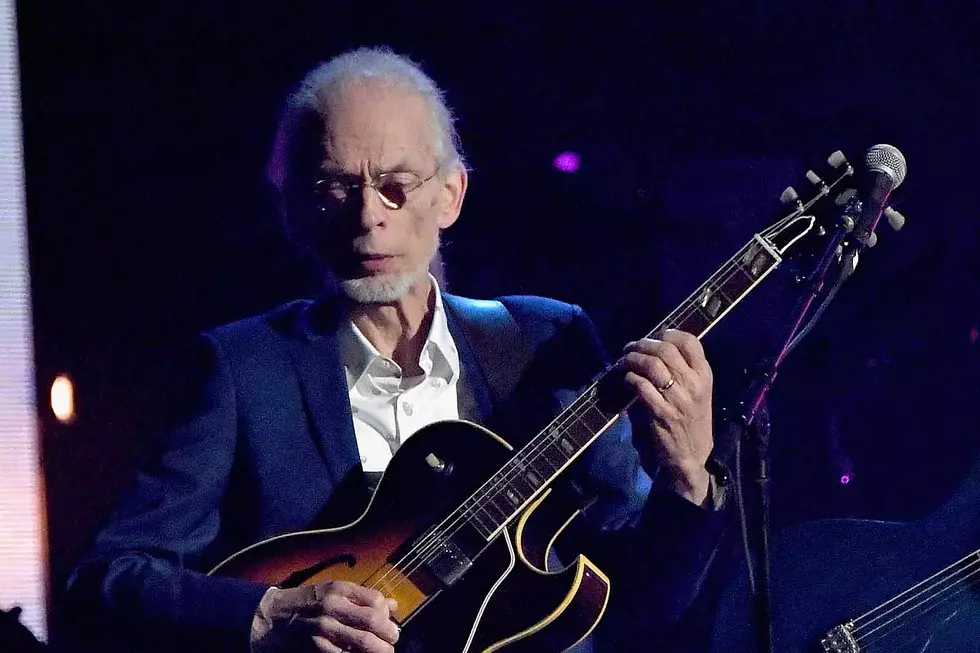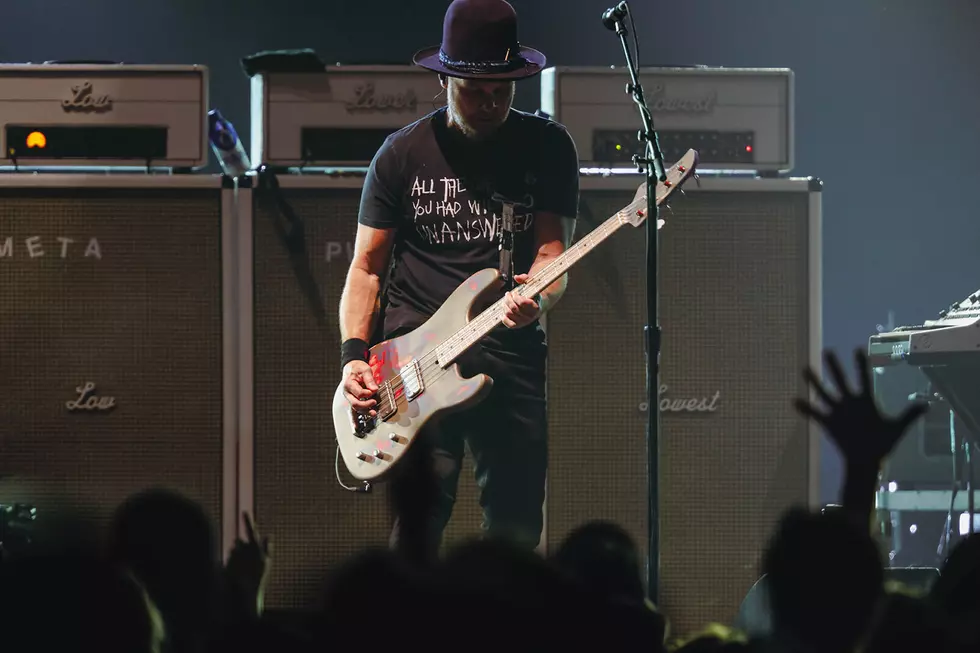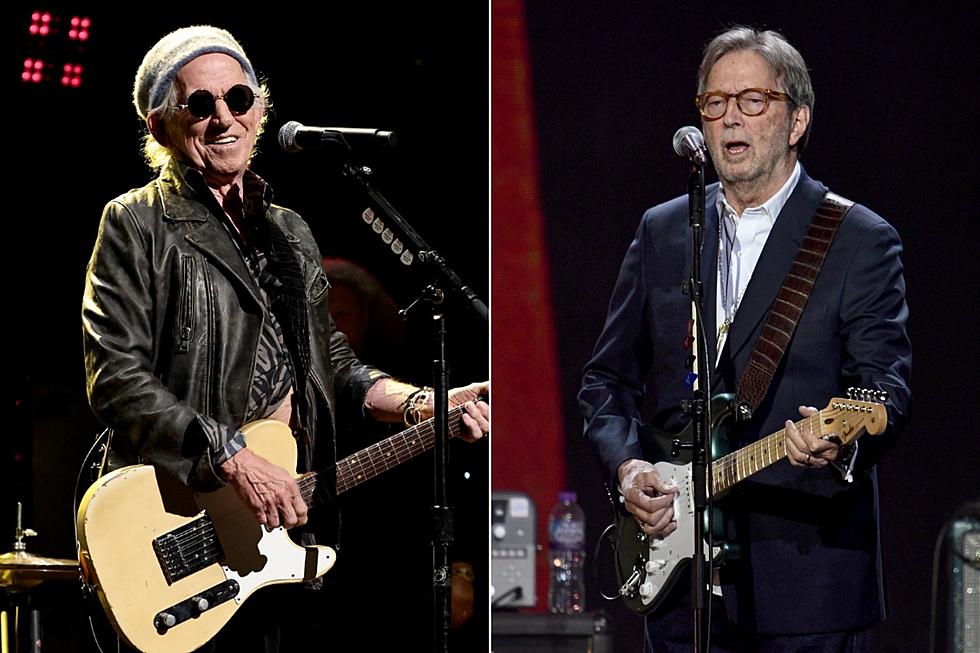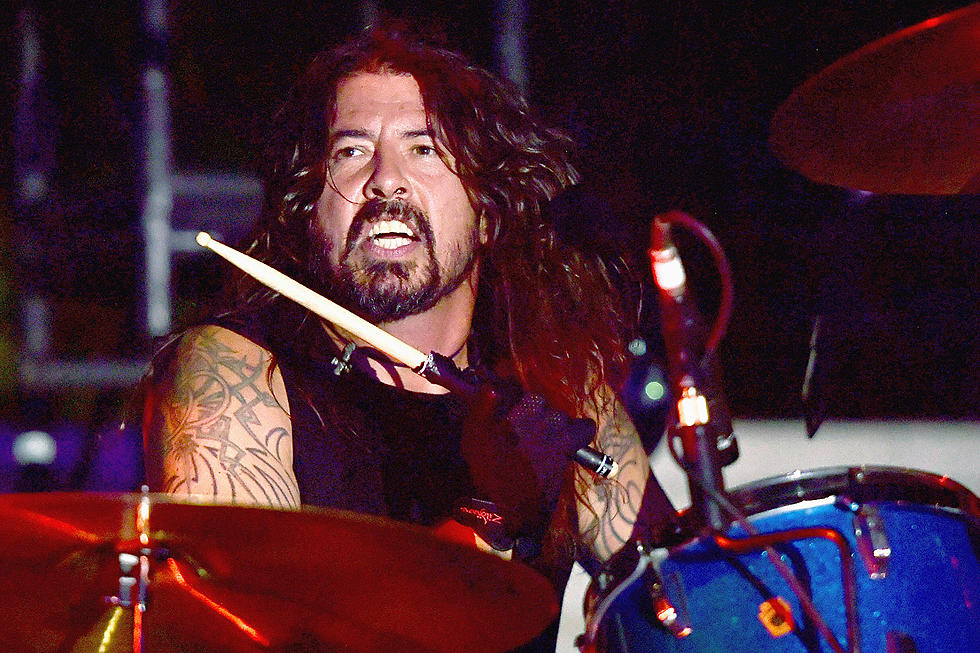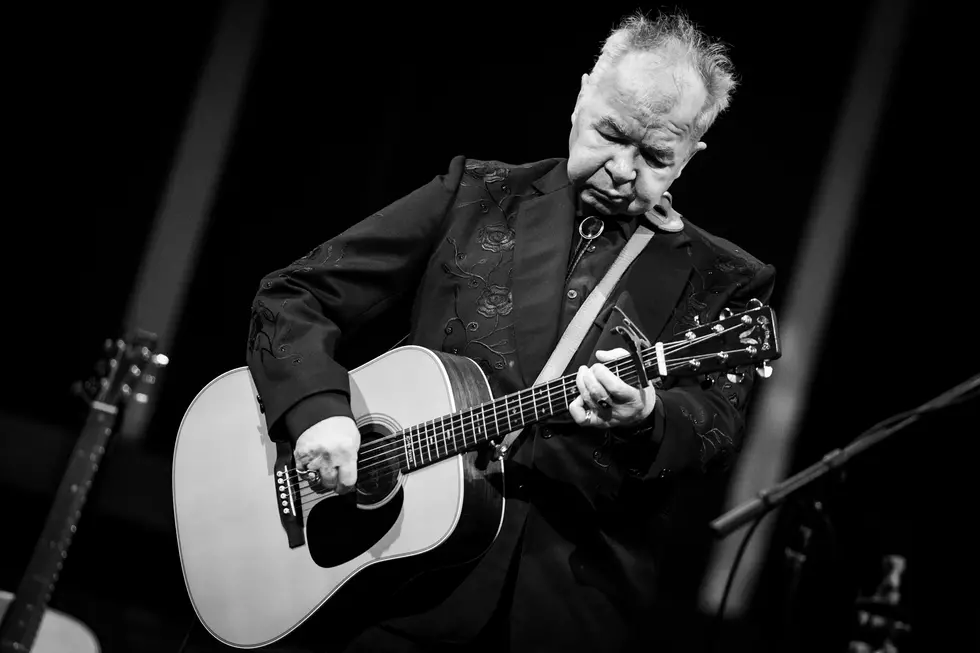
John Prine Dies at 73 After Coronavirus Battle
John Prine has died after a battle with COVID-19. The singer-songwriter's family confirmed the news to Rolling Stone. He was 73.
Prine's battle with the worldwide pandemic-causing coronavirus was first reported via his official Twitter account on March 29. "After a sudden onset of COVID-19 symptoms, John was hospitalized on Thursday (3/26),” his family's post read. “He was intubated Saturday evening, and continues to receive care, but his situation is critical.” Doctors upgraded Prine to stable condition on March 30.
Prine was an unheralded musician working as a suburban-Chicago postman in the late '60s when he was dared to take the stage at an open-mic night. Soon after, film critic Roger Ebert saw him perform at the Fifth Peg, a folk club near the original location of the Old Town School of Folk Music, and wrote a review titled "Singing Mailman Who Delivers a Powerful Message in Few Words" that helped launch Prine's musical career.
“Roger Ebert heard something in my songs in that little club in Chicago that seemed cinematic to him," Prine told USA Today in 2017. "I was writing about characters that you could picture in your mind and see them up on the screen. He made the connection."
Prine's self-titled debut album, released in 1971, contained the song "Angel From Montgomery." Three years later, Bonnie Raitt's cover of the track brought widespread attention to Prine's talents. There'd be no returning to his old postal route.
"I didn't expect to do this for a living, being a recording artist," Prine told NPR in 2018. "I was just playing music for the fun of it and writing songs. That was kind of my escape, you know, from the humdrum of the world. And everything happened so fast for me. I became a recording artist before I knew it."
Watch John Prine Perform 'Hello in There'
He was championed by many more famous peers, including Bruce Springsteen, Bob Dylan and John Mellencamp. "Prine's stuff is pure Proust-ian existentialism," Dylan once raved. "Midwestern mindtrips to the nth degree. And he writes beautiful songs."
Born Oct. 10, 1946 as the son of a Maywood, Ill. tool-and-die maker and a homemaker, Prine never scored a hit single, but his songs kept connecting. John Fogerty, R.E.M, Johnny Cash, Joan Baez, Drive-By Truckers, Kris Kristofferson, Paul Westerberg, George Strait, Bette Midler and Dwight Yoakam were among the many others who covered his songs. Kristofferson helped Prine get his first record deal.
"I told my dad when I got the record contract," Prine said in a 2019 interview with Billboard. "He was sitting on the front porch watching the cars go by and drinking his beer. And I told him they gave me $25,000 and a record contract. And he was real silent and then he looked over at me and he said, "Watch out for those f'in lawyers." I thought that was good advice."
Prine had albums produced by Steve Cropper and Sam Phillips, before starting his own label in the '80s. German Afternoons, from 1986, earned a Grammy nomination in the contemporary folk category. His Grammy-winning 1991 album The Missing Years was co-produced by Howie Epstein of Tom Petty and the Heartbreakers, and featured guest appearances from Springsteen, Raitt and Petty. Epstein returned to help with 1995's Lost Dogs and Mixed Blessings, which earned Prine another Grammy nod.
"The combination of being that tender and that wise and that astute mixed with his homespun sense of humor," Raitt told Rolling Stone, "it was probably the closest thing for those of us that didn't get the blessing of seeing Mark Twain in person."
Watch John Prine Perform 'Angel From Montgomery'
Through it all, Prine was true to his roots, remaining determinedly down to earth. His longtime road manager booked shows directly through venue promoters. Prine would drive himself, carrying a bag stuffed with old Archie comic books. He ran Oh Boy Records out a home office that also had a pool table, Wurlizter jukebox, pinball machine and year-round Christmas tree. Prine got offers to write his life story, but kept turning them down: "I think I'll wait a little bit," he quipped to Rolling Stone, "'til I make my big comeback."
Then tragedy struck, as Prine was diagnosed with squamous cell carcinoma in the mid-'90s. The cancer formed on the right side of his neck, leading to radiation and surgery that changed his vocals forever.
"They gave me a speech therapist that was part of the therapy when I was just getting over the initial surgery – the neck surgery," Prine told NPR. "That was a pretty big surgery; it was my first really big surgery – and it was a big one. And I didn't realize I had anything – any slur in my speech whatsoever. But it killed some of the nerves in your tongue."
He later battled lung cancer, then had to have stent surgery, but each time quickly returned to music. Prine garnered a second Grammy win with 2005's Fair & Square, recorded a series of well-received duets, and scoring a best-ever No. 5 Billboard finish with 2018's multi-Grammy nominated The Tree of Forgiveness.
Something interesting happened along the way: Prine decided that he liked his new voice. "It dropped down lower and feels friendlier to me," he told NPR. "So, I can actually sit in the studio and listen to my singing play back. Before, I'd run the other way."
In 2016, he was honored by the PEN writers' organization for lyrics of literary excellence. Two years later, Prine was among the initial nominees for the Rock & Roll Hall of Fame. Predictably, none of it went to John Prine's head. He just kept going deeper into the songs, he said.
"Before, I just sang them," Prine told the New York Times in 2016. "Now, I hear them."
In Memoriam: 2020 Deaths
More From Ultimate Classic Rock

